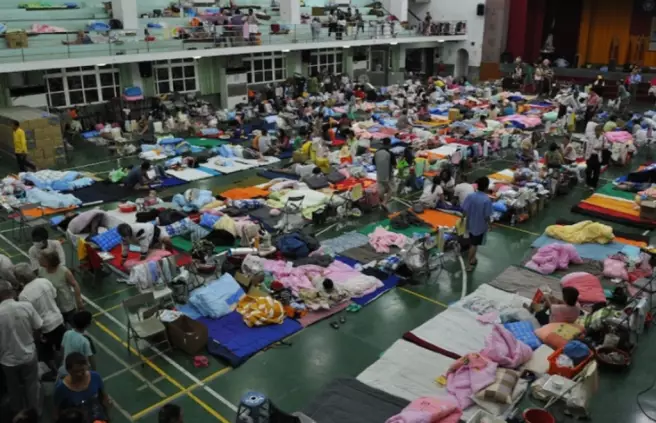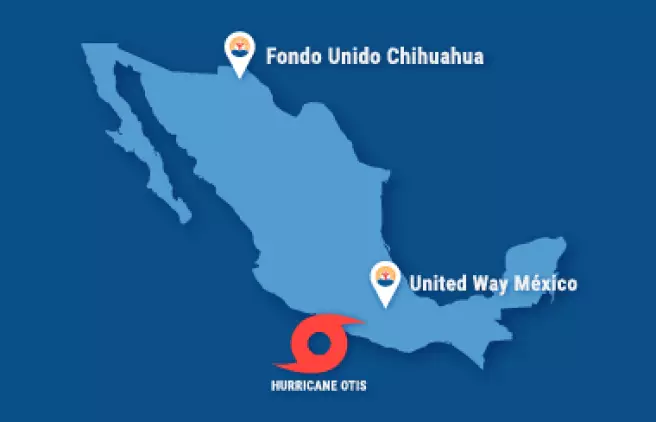DISASTER RECOVERY
It is in times of need that we discover the full impact of a community united.
During natural or man-made disasters, United Way quickly mobilizes resources to support individuals and families when it’s most needed.
Serving more than 1,100 communities in 37 countries, our global Network is there when disaster strikes, including raising funds, connecting those in need to critical resources like food, water and shelter, activating volunteers, and engaging local partners to ensure community stability.
In addition, our 211 teams across the U.S. responded to more than 200,000 support requests during disasters, including connecting people to services such as shelters, emergency food, medical care, clean-up services, and access to government programs.
United Way’s vision is that all communities can anticipate, withstand, and recover from these events because they are better prepared and have the resources they need. When you give to United Way Worldwide’s Disaster Relief Fund, you help ensure that communities are equipped to respond and support the long-term recovery after a disaster. You can also support local disaster response efforts related to a specific disaster:

United Way Disaster Relief Fund
Your donation will help United Way Worldwide respond quickly to support our network and communities around the world in times of disaster.
Hurricane Beryl Disaster Response
Your donation will go directly to United Ways impacted by Hurricane Beryl in July 2024.
